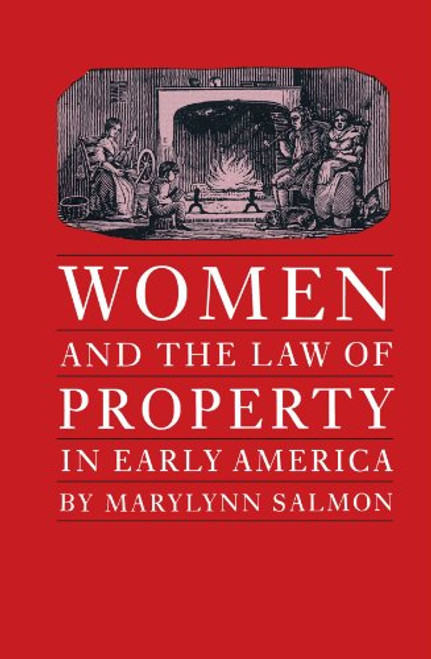Product Overview
A pathbreaking new study of women and morality
How do people decide what is good and what is bad ? How does a society set moral guidelines -- and what happens when the behavior of various groups differs from these guidelines? Martha Saxton tackles these and other fascinating issues in Being Good, her history of the moral values prescribed for women in early America.
Saxton begins by examining seventeenth-century Boston, then moves on to eighteenth-century Virginia and nineteenth-century St. Louis. Studying women throughout the life cycle -- girls, young unmarried women, young wives and mothers, older widows -- through their diaries and personal papers, she also studies the variations due to different ethnicities and backgrounds. In all three cases, she is able to show how the values of one group conflicted with or developed in opposition to those of another. And, as the women's testimonies make clear, the emotional styles associated with different value systems varied. A history of American women's moral life thus gives us a history of women's emotional life as well. In lively and penetrating prose, Saxton argues that women's morals changed from the days of early colonization to the days of westward expansion, as women became at once less confined and less revered by their men -- and explores how these changes both reflected and affected trends in the nation at large.








